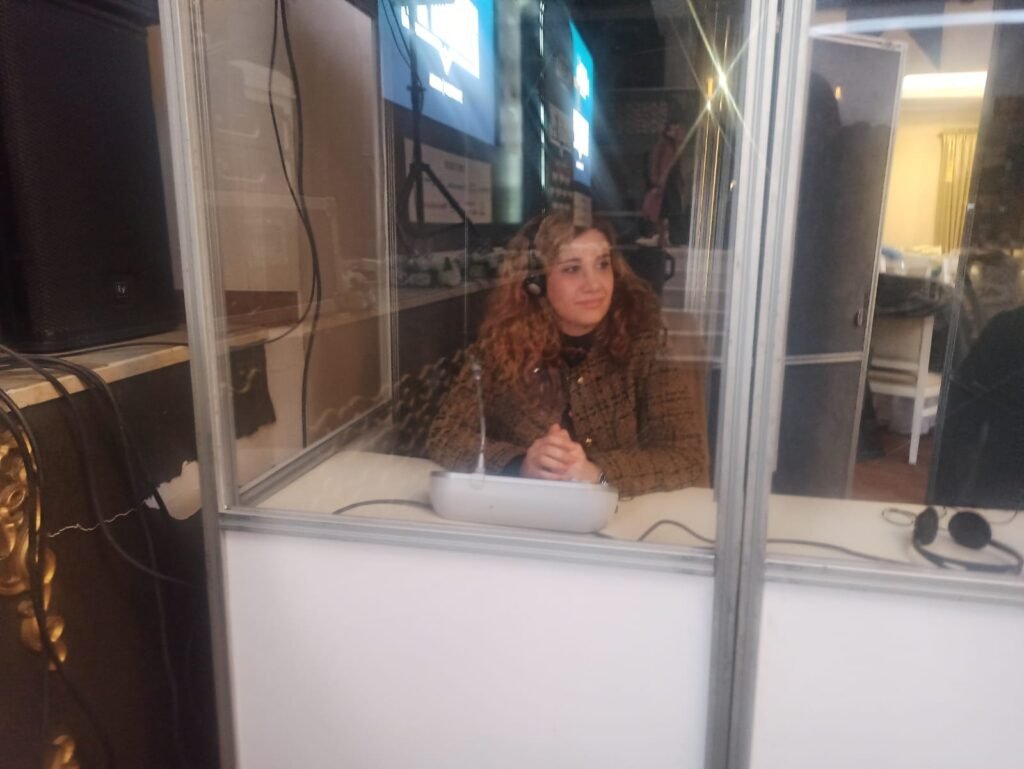Simultaneous translation is a complex, dynamic, and utterly indispensable component of modern international diplomacy and policymaking, especially within the framework of governmental ministries. This form of interpretation goes beyond mere language translation; it embodies the intricate process of conveying ideas, intentions, and nuances from one language to another in real-time. As the global landscape becomes increasingly interconnected, the role of simultaneous interpreters in ministries has expanded, underpinning the success of international negotiations, conferences, and high-level meetings.
The Essence of Simultaneous Translation
At its core, simultaneous interpreting involves the interpreter listening to a speaker in one language and immediately translating the speech into another language for the audience, without pausing. This demands not only fluency in both languages but also an in-depth understanding of cultural nuances, technical jargon, and the subject matter being discussed. The interpreters work in sound-proof booths using specialized audio equipment, ensuring that they can hear the speaker clearly while their interpretations are relayed to the audience through headphones.
The Critical Role in Ministries
Governmental ministries are at the forefront of international collaboration, dealing with issues ranging from trade and security to health and environmental protection. In such a context, clear and accurate communication is paramount. Simultaneous interpreters enable real-time dialogue among representatives of different languages and cultural backgrounds, making them essential for the smooth conduct of international affairs.
1. Facilitating Diplomatic Relations
Simultaneous interpreting plays a pivotal role in fostering diplomatic relations. Misunderstandings or inaccuracies in translation can lead to conflicts or diplomatic blunders. Skilled interpreters ensure that all parties can communicate effectively, respecting linguistic nuances and cultural sensitivities, which is crucial in building trust and understanding between nations.
2. Enhancing Multilateral Negotiations
In multilateral negotiations, where multiple countries discuss complex issues, the clarity provided by simultaneous interpreting is invaluable. It enables participants to express their positions clearly and understand others’ perspectives, contributing to more productive discussions and equitable solutions.
3. Supporting International Conferences and Summits
Ministries often host or participate in international conferences and summits addressing global challenges. These events require the seamless integration of simultaneous interpreting services to ensure that ideas and solutions are shared across language barriers, facilitating global cooperation and action.

4. Legal and Compliance Implications
In legal contexts, such as international treaties or agreements, the precision of language is critical. Interpreters in ministries must accurately convey legal terms and concepts, ensuring that documents and verbal agreements are understood by all parties in the same way, thus avoiding future disputes.
Challenges and Solutions
Simultaneous interpreting in ministries is not without its challenges. The pressure is immense, as interpreters must deliver accurate translations instantly, often for extended periods. This requires not only linguistic skills but also stamina and concentration. Additionally, interpreters must continuously update their knowledge to keep pace with evolving terminology and global issues.
To address these challenges, ministries invest in rigorous training programs for their interpreters and adopt the latest technologies to aid their work. For instance, AI-powered tools can help interpreters with real-time glossaries and background information. Furthermore, ensuring proper working conditions, including regular breaks and team interpreting (where two interpreters alternate), can help maintain the quality of interpretation.
The Future of Simultaneous Interpreting in Ministries
As international cooperation intensifies, the demand for skilled simultaneous interpreters in ministries will only grow. Advances in technology, such as improved remote interpreting services, offer opportunities to enhance the efficiency and reach of interpreting services. However, the human element of interpretation, with its understanding of cultural nuances and the ability to convey subtleties of language, remains irreplaceable.
Conclusion
Simultaneous interpreting is a critical facilitator of international dialogue, enabling ministries to navigate the complexities of global diplomacy, negotiations, and cooperation. Through their work, interpreters not only bridge language gaps but also foster mutual understanding and respect among nations. As the world continues to grow more interconnected, the role of simultaneous interpreters in the ministries will remain indispensable, highlighting the need for continuous investment in their skills and the technologies that support their work.


